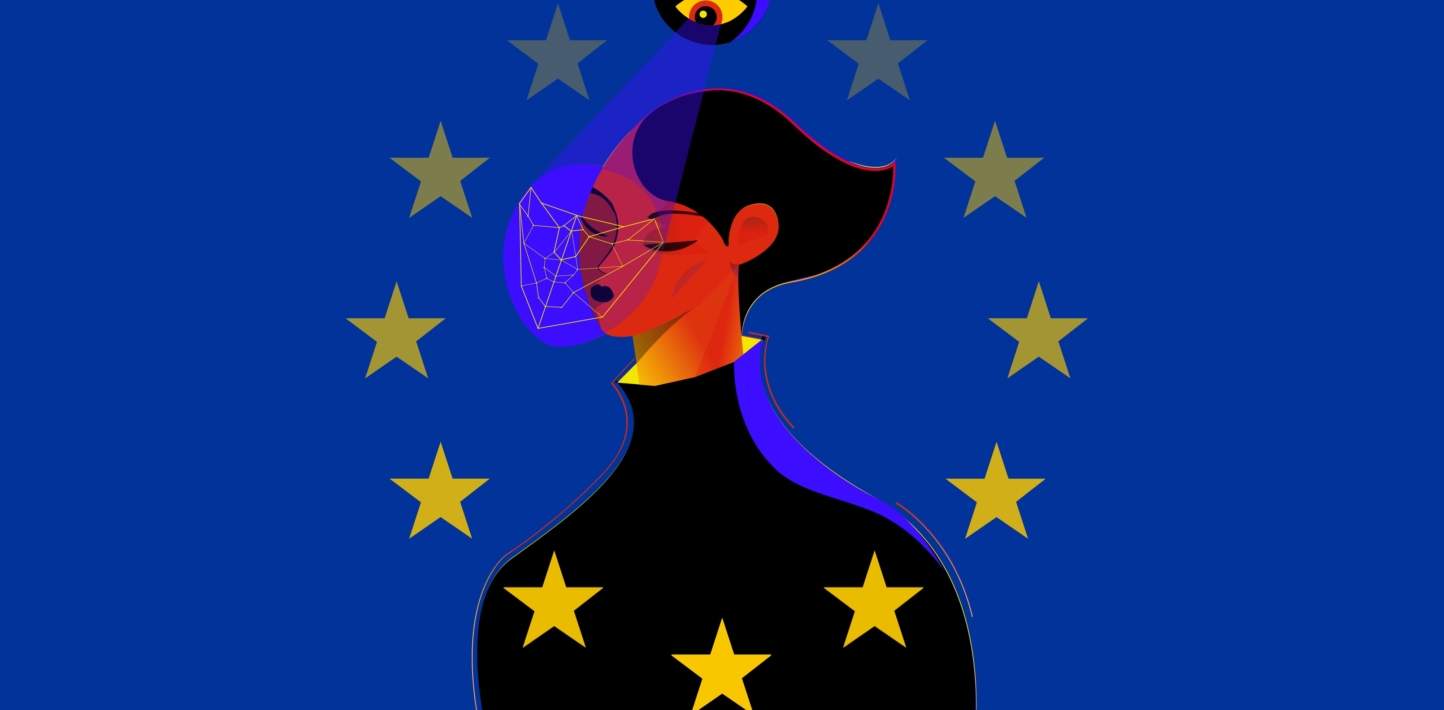Responding to the European Parliament’s vote on how artificial intelligence systems should be governed under the EU’s Artificial Intelligence Act (AI Act), Mher Hakobyan, Advocacy Advisor at Amnesty International, said:
“Today the European Parliament sent a strong signal that human rights must be at the forefront of this landmark legislation, by voting to ban several AI-based practices which are incompatible with human rights.
Today the European Parliament sent a strong signal that human rights must be at the forefront of this landmark legislation, by voting to ban several AI-based practices which are incompatible with human rights.
Mher Hakobyan, Advocacy Advisor at Amnesty International
“Banning live remote biometric identification systems is a significant step forward. Although the text does not outlaw retrospective mass surveillance, it does limit its use to law enforcement only and within strict legal boundaries. The draft law would also ban several harmful uses of AI systems that discriminate against marginalized communities. These include technologies that claim to ‘predict’ crimes, social scoring systems that prevent people from accessing essential public and private services, and emotion recognition technologies used by law enforcement and border officials to ‘identify’ suspicious individuals.
“While the draft law could limit exports of AI systems from the EU that are deemed an unacceptable risk to human rights, it would allow providers to circumvent the law if their permitted high-risk technologies are developed solely for export, potentially making the EU complicit in human rights abuses outside its borders. The AI Act also fails to ban discriminatory profiling systems which flag people on the move as a ‘risk’ and forecasting systems used for interdicting, curtailing and preventing migration, despite calls by Amnesty International and other members of civil society to ban these technologies.
“It is worrying that the draft allows providers of AI systems used for law enforcement, migration management, welfare provision and other high-stake areas to circumvent the AI Act by giving them the discretion to decide if their systems pose a high risk to human rights. This could make the AI Act simply a ‘guidance document’ for high-risk AI rather than an effective regulation.
“Amnesty International calls on the EU to honour its commitments under international law. The EU must ensure meaningful transparency and accountability over how AI systems are used and exported, the kinds of human rights impact they have, and must empower impacted people by ensuring their equal access to technologies and the right to seek redress and remedy in case of harm.”
Background:
The European Commission proposed legislation governing the use of artificial intelligence on 21 April 2021. The Council of the EU representing the EU national governments has already adopted its position in December 2022. The European Parliament aims to finalize its position in June this year, after which the three institutions will have to agree on a common text for the Regulation.
Amnesty International, among coalition of civil society organizations led by the European Digital Rights Network (EDRi) has been calling for human-rights compliant EU regulation of artificial intelligence technologies and practices.


